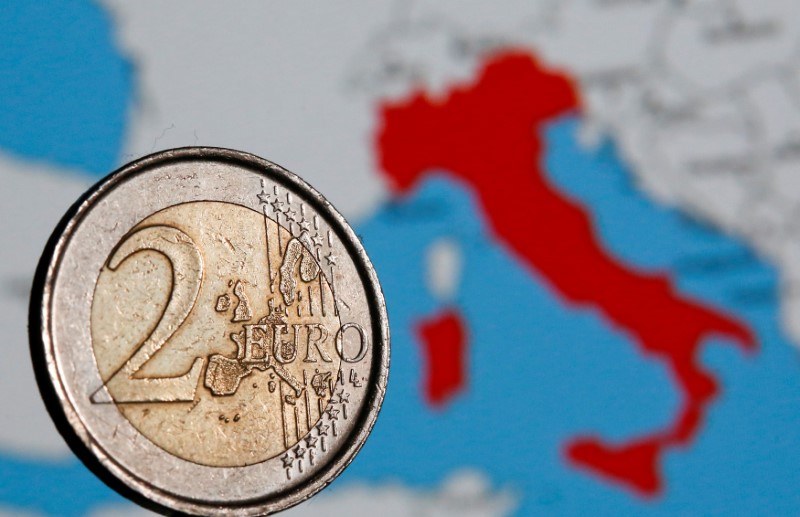ROME (Reuters) - Italy's shadow economy grew 1.5% in 2017, the government estimated on Tuesday, bolstering its case for the crackdown it plans in the 2020 budget.
National statistics bureau ISTAT reported that the underground economy, which comprises illegal activities and business and labor hidden from the authorities, was worth 211 billion euros ($232.21 billion) in 2017, or 12.1% of gross domestic product.
Some 192 billion euros was undeclared business. Another 19 billion came from illegal activities such as drug trafficking and some forms of prostitution.
False earnings declarations in tax returns amounted to more than 97 billion euros, ISTAT estimated, while undeclared or irregular jobs increased by 25,000 to 3.7 million.
The government of the anti-establishment 5-Star Movement and the centre-left Democratic Party (PD) is preparing a raft of measures in the budget to tackle tax evasion, encouraging the use of easily traced credit cards rather than opaque cash transactions.
The draft budget is due to be approved by the cabinet later on Tuesday, before being sent to the European Commission for scrutiny.
According to government sources, the budget may introduce sanctions for retailers and service providers that do not accept credit cards. It may also set a lower rate of value-added tax for purchases made by card rather than cash.
The government is also considering lowering to 1,000 euros from 3,0000 euros the threshold above which it is illegal to make transactions in cash.
